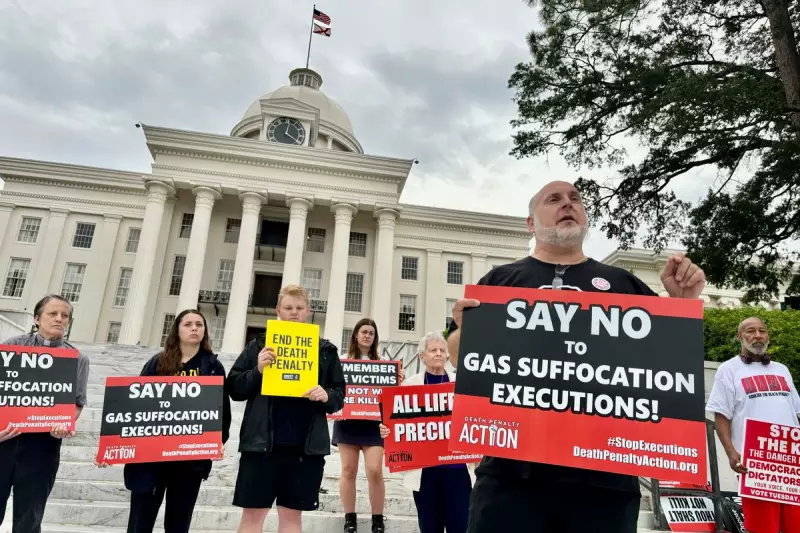
Alabama Governor Kay Ivey has staunchly defended the state's execution of Kenneth Smith using nitrogen gas, despite widespread condemnation from legal experts and human rights advocates. The controversial method, employed for the first time in US history, has sparked fierce debate over its ethics and legality.
A Divisive Execution Method
The 58-year-old convicted murderer was put to death on Thursday night at the William C. Holman Correctional Facility in Atmore. Smith's lawyers had previously argued that the untested nitrogen hypoxia method amounted to unconstitutional cruel and unusual punishment. Their appeals, however, were ultimately rejected by the courts.
Governor's Unwavering Support
In a statement following the execution, Governor Ivey insisted that justice had been served for the 1988 murder-for-hire of Elizabeth Sennett. "The execution was lawfully carried out," Ivey declared, dismissing concerns about the method's experimental nature. She framed the case as about Smith's victim rather than the execution process itself.
Legal and Ethical Concerns
Smith's spiritual advisor, Reverend Jeff Hood, who witnessed the execution, described disturbing scenes of the inmate shaking and convulsing for several minutes. Medical experts and human rights organizations have raised alarms about the potential for excessive suffering with nitrogen gas, comparing it to human experimentation.
The execution has drawn international attention, with the United Nations Human Rights Office calling for a halt to such methods. As Alabama continues to defend its approach, the debate over capital punishment and execution methods in America shows no signs of abating.





